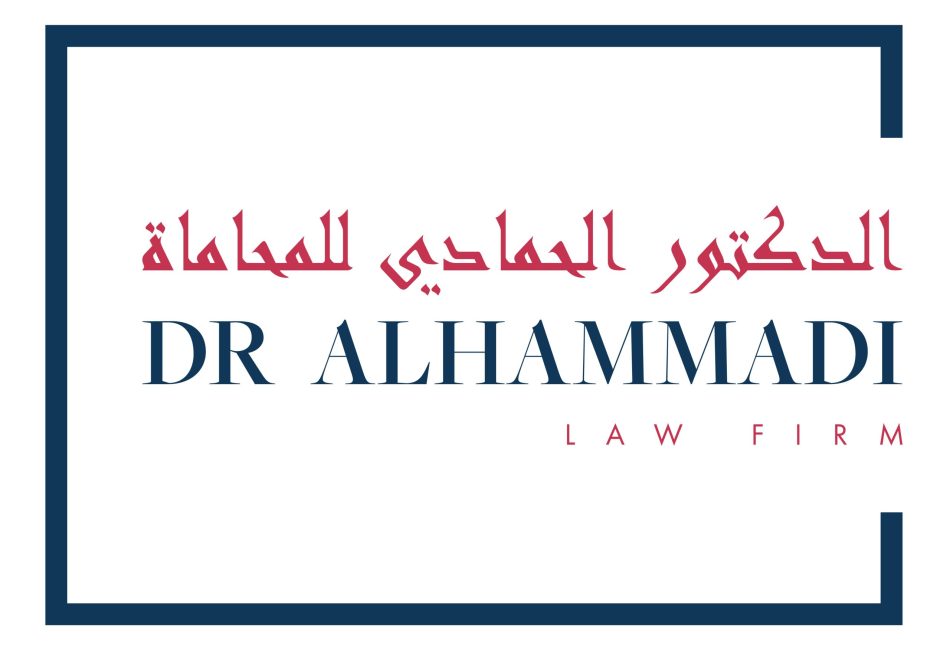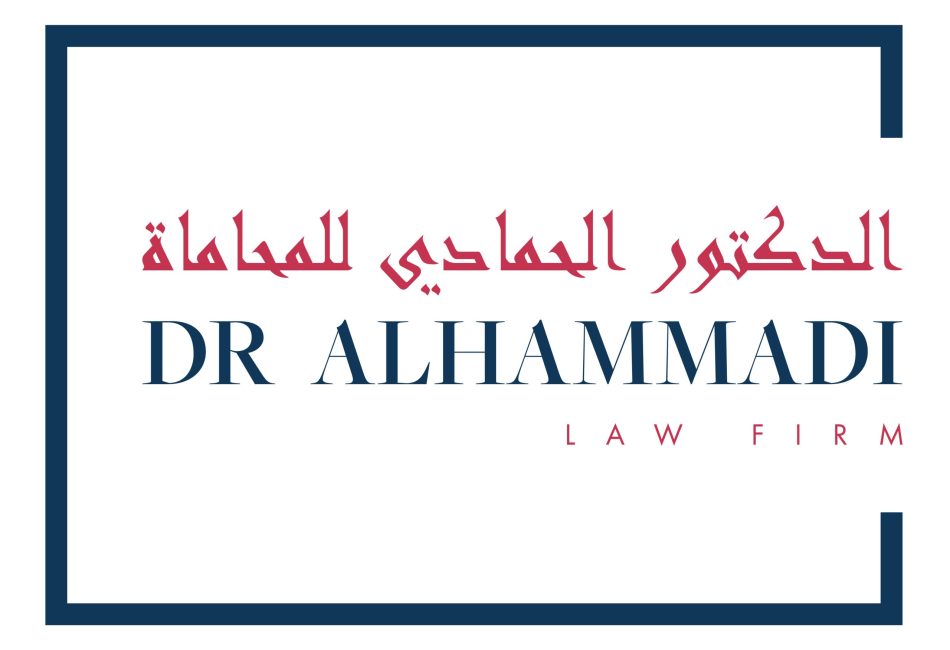Real estate valuation plays a pivotal role in the commercial property sector by providing an accurate assessment of a property’s market value. Whether for acquisitions, sales, financing arrangements, or long-term investment planning, reliable valuation data is essential for evaluating risk, profitability, and future performance. As commercial property values rise, so does the incentive for bad actors to manipulate valuations for personal gain. Understanding how valuations work—and how fraudulent practices emerge—is crucial for investors, lenders, and stakeholders seeking protection in a competitive market.
Why accurate valuation is vital in commercial real estate
A commercial property’s value is influenced by several factors such as location, physical condition, rental income, zoning, and comparable market activity. Accurate valuations support key decisions in multiple areas:
1. Investment analysis: Investors depend on factual valuations to assess projected returns, determine feasibility, and manage expectations.
2. Financing and lending: Financial institutions rely on verified valuations to calculate loan amounts, evaluate risk, and establish collateral strength.
3. Tax assessment: Property taxes are often based on assessed market value, which makes accuracy essential for regulatory compliance and financial planning.
4. Legal disputes: Valuations support courts and legal professionals in matters involving inheritance, dissolution of joint ownership, divorce settlements, and contractual disagreements.
Inaccurate or manipulated valuations may lead to overpayment, inadequate financing, regulatory complications, and long-term financial loss.
Common methods used to manipulate valuations
Fraudulent valuation methods can distort market reality and expose all parties to severe financial and legal risks. Some common schemes include:
1. Misleading property details: Providing incorrect information about square footage, occupancy levels, structural condition, or revenue potential to inflate perceived value.
2. Fake documentation: Submitting falsified leases, income statements, maintenance records, or tenancy data to artificially raise valuation metrics.
3. Appraiser collusion: Pressuring, influencing, or incentivizing an appraiser to overvalue a property for personal or financial advantage.
4. Selective comparables: Cherry-picking comparables that are inaccurate, outdated, or fabricated to justify a higher valuation.
5. Exaggerated development claims: Overstating potential zoning changes, future enhancements, or projected development approvals to manipulate perceived growth potential.
These dishonest practices create false impressions, mislead investors, and can result in legal liability for all participants.
How to detect and prevent valuation fraud
To protect your interests during a commercial property transaction, the following measures can be highly effective:
1. Work with qualified professionals: Engage certified appraisers, reputable brokers, and experienced legal advisors known for ethical and transparent practice.
2. Independently verify information: Cross-check rental income, tenant details, building permits, and ownership records through credible public sources or independent due diligence firms.
3. Compare market activity: Analyze comparable sales and market performance in the same area to identify inconsistencies or inflated pricing.
4. Review documentation carefully: Examine appraisal reports, lease agreements, financial statements, and supporting documents for discrepancies, missing details, or conflicting information.
5. Consult legal counsel: Law firms such as Dr. Mohamed Alhammadi Advocates & Legal Consultants Office LLC assist clients in identifying valuation irregularities, addressing legal risks, and reviewing documents for signs of fraud.
Real estate and escrow services by Dr. Mohamed Alhammadi Advocates & Legal Consultants Office LLC
Dr. Mohamed Alhammadi Advocates & Legal Consultants Office LLC provides comprehensive legal support for commercial real estate matters, including valuation disputes, fraud-related concerns, and transactional due diligence. The firm’s lawyers possess deep knowledge of the UAE real estate market and its regulatory environment, allowing them to identify irregularities and guide clients through complex property issues with accuracy and discretion.
The firm also provides secure escrow arrangements for real estate, commodity transactions, and other high-value asset transfers. When acting as a neutral escrow agent, the law firm holds funds until all contractual obligations are fulfilled. This structured approach supports transparency, reduces risk, and promotes accountability throughout the transaction lifecycle.
With a strong reputation built on reliability, confidentiality, and legal precision, Dr. Mohamed Alhammadi Advocates & Legal Consultants Office LLC serves as a trusted partner for investors, developers, and institutions navigating sophisticated real estate transactions in the UAE.
Conclusion
Accurate real estate valuation is fundamental in commercial property transactions. When valuations are manipulated—whether through false data, selective reporting, or coordinated fraud—the consequences can be financially damaging and legally complex. By understanding how valuations should be conducted, recognizing signs of manipulation, and obtaining guidance from experienced legal professionals, stakeholders can significantly reduce risk and make informed decisions.
Dr. Mohamed Alhammadi Advocates & Legal Consultants Office LLC remains committed to supporting clients throughout complex real estate transactions. With extensive experience in property law, valuation-related disputes, and secure escrow solutions, the firm provides a dependable framework for transactions that demand clarity, legal structure, and strong risk management.
Dr. Mohamed Alhammadi Advocates & Legal Consultants Office LLC provides escrow and/or paymaster services only where such services are ancillary and wholly incidental to the provision of legal services.

